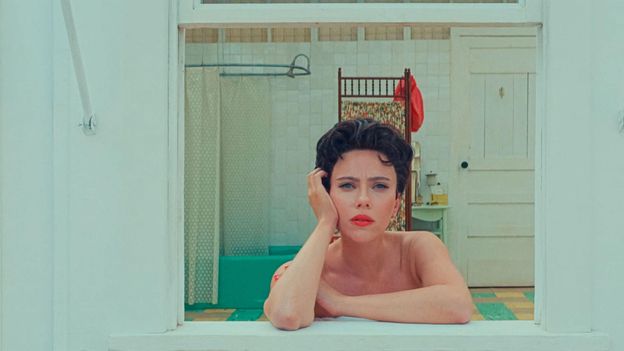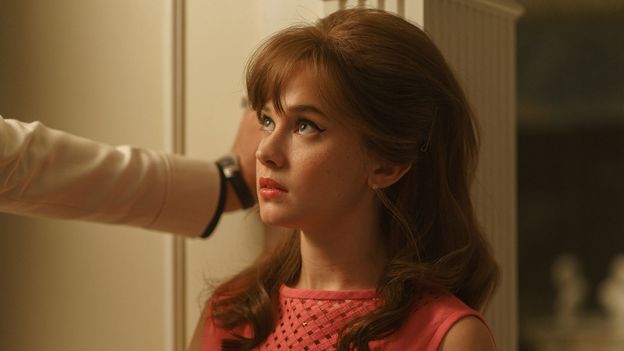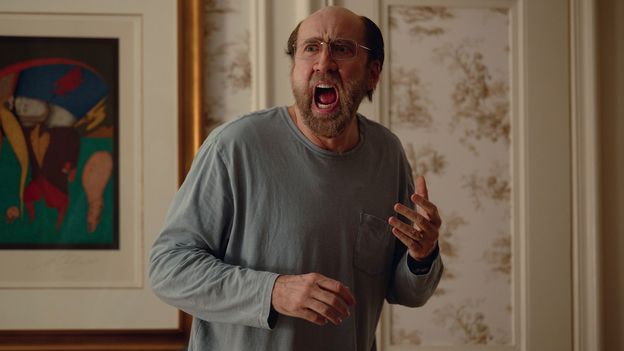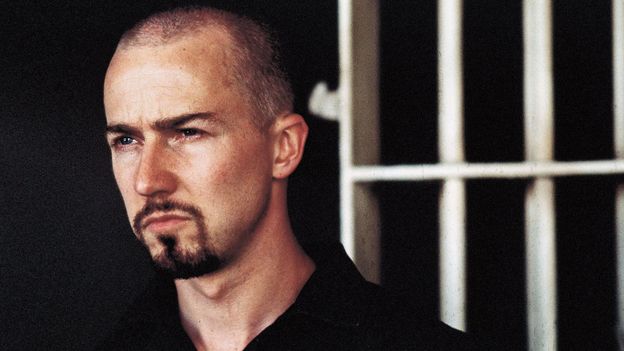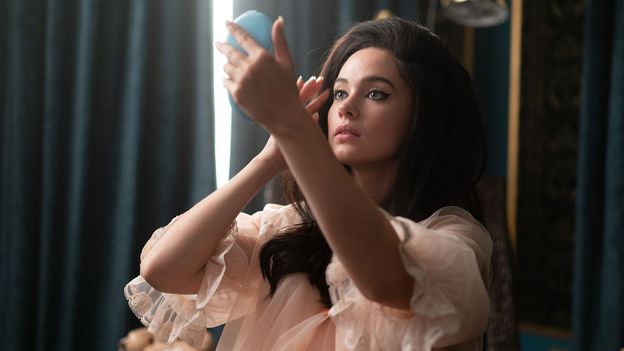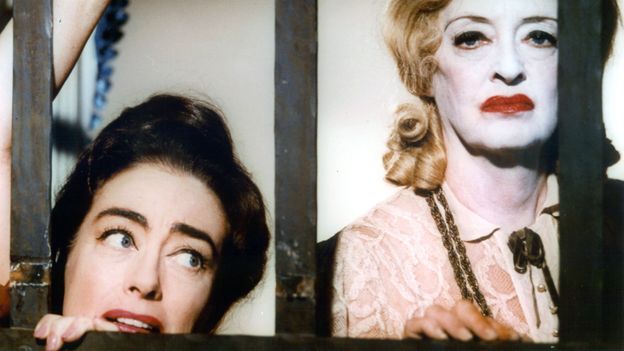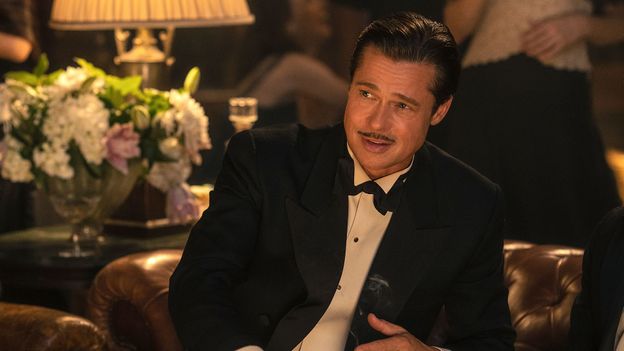Another of the film’s conceits is that it isn’t just a film. A black-and-white prologue, featuring Bryan Cranston as its frowning narrator, informs us that what we’re about to see is a Broadway play. But, actually, we’re not going to see the play, but a television show about the making of the play, which means that the main desert scenes are separated from the viewer by too many layers of artifice to count. Just when you’re warming to the tentative romance between the photographer and the movie star, a card is slapped on screen informing you which scene of which act you are watching, or else the narrator wanders on to the set by accident, or the action shifts back to a black-and-white world where Edward Norton’s playwright is auditioning Schwartzman’s actor, and where Adrien Brody’s director is living in a theatre because he has separated from his wife, Hong Chau. Oh, and Margot Robbie, Jeff Goldblum and Willem Dafoe turn up, too, the joke being, I suppose, that Anderson can persuade these A-listers to appear, even when he gives them next to nothing to do. At no point does he allow us to settle into any narrative in particular.
Yes, Asteroid City is ingenious and amusing, and yes, it’s as meticulously designed as ever, but this perplexing pile of postmodernism seems intended to test the patience of the director’s fans – to see how far he can venture away from human emotion and into arch, self-congratulatory whimsy before they give up on him. For the first time in his career, he’s ventured too far for me.
★★☆☆☆
Love film and TV? Join BBC Culture Film and TV Club on Facebook, a community for cinephiles all over the world.
If you would like to comment on this story or anything else you have seen on BBC Culture, head over to our Facebook page or message us on Twitter.
And if you liked this story, sign up for the weekly bbc.com features newsletter, called The Essential List. A handpicked selection of stories from BBC Future, Culture, Worklife and Travel, delivered to your inbox every Friday.

